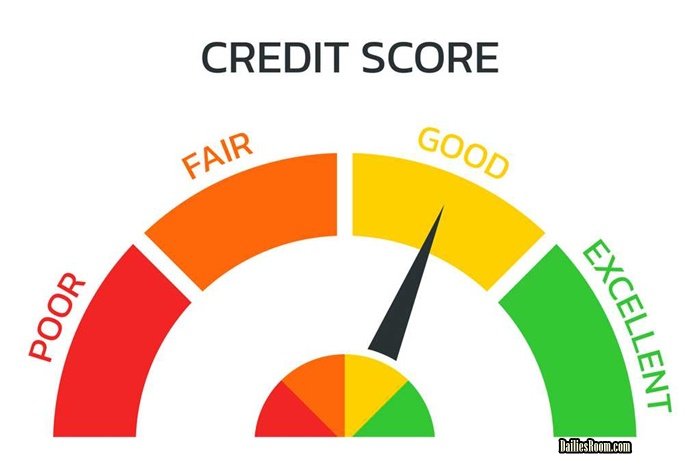Are you among those asking what a good credit score is? Here is an article that have been prepared to give you a concise answer and believe me, you are going to find it helpful. All you have to do is to read this article carefully and you’ll be very much good to go.
Having a good score is vital for achieving various goals. Whether you plan to buy a house, lease a car, or apply for a loan, your credit score plays a significant role in determining your eligibility and the terms you’ll be offered.
But what exactly is a credit score that is certified good, and what factors impact it? read this article as we delve into this critical aspect of personal finance.
READ THIS: FICO Score - www.myfico.com Free Trial Sign In - MyFico Login; MyFico App Download
What Is A Good Credit Score?
A credit score is a numerical representation of an individual’s creditworthiness, reflecting their ability to manage debt responsibly. The most widely used credit scoring model is the FICO score, which ranges from 300 to 850.
Generally, a credit score above 670 is considered good, while scores above 800 are deemed excellent. A good credit signifies to lenders that you are likely to repay your debts on time and manage your financial obligations effectively.
Several factors influence your credit score, and understanding them is crucial to maintaining a good credit standing.
Factors That Impact A Good Credit Score
Here are the key factors that impact a good credit score:
- Payment History
The most critical factor in determining your credit score is your payment history. Consistently making on-time payments for loans, credit cards, and other debts positively affects your creditworthiness. Late payments, defaults, and collections can have a significant negative impact on your score.
- Credit Utilization
This factor assesses the ratio between the amount of credit you have available and the amount you are currently using. Keeping your credit utilization low, ideally below 30%, demonstrates responsible credit management and can boost your credit score.
- Length of Credit History
The longer you have had credit accounts in good standing, the better. A long credit history provides lenders with more data to evaluate your creditworthiness. It is advisable to maintain older accounts even if you don’t actively use them, as closing them may shorten your credit history.
- Credit Mix
Having a diverse mix of credit accounts, such as credit cards, loans, and mortgages, can positively impact your credit score. It demonstrates your ability to handle different types of debt responsibly.
- New Credit Applications
Each time you apply for new credit, such as a loan or credit card, a hard inquiry is generated on your credit report. Multiple inquiries within a short period can lower your credit score. It is advisable to be selective and apply for credit only when necessary.
- Public Records and Collections
Negative public records, such as bankruptcies, tax liens, and judgments, can severely impact your credit score. Similarly, having accounts in collections due to non-payment can significantly lower your score.
- Credit Age and Recent Activity
Rapidly opening multiple new accounts or engaging in excessive credit-seeking behavior may raise concerns for lenders, potentially affecting your credit score negatively.
Tips To Help Improve Good Credit Score
Maintaining a good credit score requires responsible financial habits and regular monitoring. Here are a few tips to help you improve and maintain a good credit score:
- Pay your bills on time
- Keep credit utilization low
- Limit new credit applications
- Regularly review your credit reports
- Diversify Your Credit Mix
- Pay Off Debt Strategically
- Build Positive Credit Habits
Improving your credit score requires commitment and financial discipline. By implementing these tips mentioned here, you’ll be very much good to go
Meanwhile, feel free t use the comment box below for any questions about this What Is A Good Credit Score? Tips To Help Improve Good Credit Score, and DailiesRoom.com will be here to attend to you.








